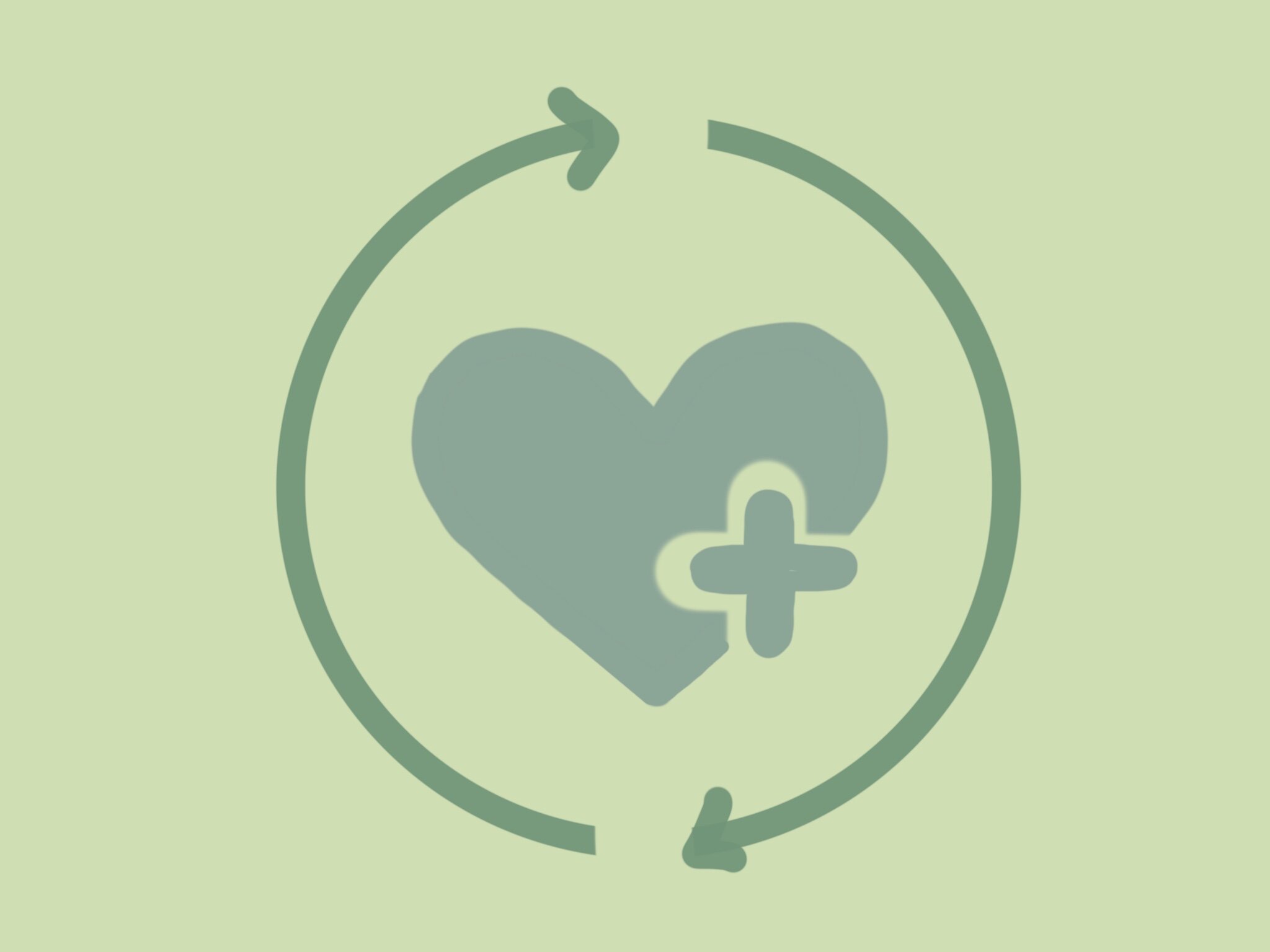EQUITABLE ACCESS
Offer all individuals the capability for optimal health
Health care access is one of the most important issues in health policy today. We need clarity on what equal access means for health system development and reform. Equitable, rather than equal, access is the goal.
The health capability paradigm provides a moral and economic justification for equitable access. Differences in health care quality and access can undermine individuals’ capability for optimal health. For example, while only about 60 percent of lung cancer patients get recommended treatments, studies suggest these rates are even lower for Black and elderly patients. Americans with cardiovascular disease, who are uninsured, are far less likely to receive medically necessary and medically appropriate care.
Transgender individuals worry about their access to health care. They not only face stigma and discrimination in health care, but they also lack providers who are trained and understand their needs. Women are more likely to go without care because of cost, and the disproportionate impact of COVID-19 on Black Americans lays bare the health disparities in their community.
As a result, these populations suffer worse health agency and health functioning.



